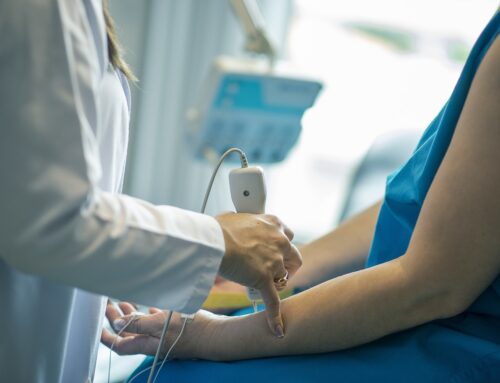If a consumer is considering personal bankruptcy, they will be subject to what is known as a “means test.” But don’t worry; no studying is required for this test, and it is simply a qualifying process to determine if an individual can legally file for Chapter 7 bankruptcy.
A Chapter 7 bankruptcy filing entirely discharges most debt – including outstanding medical bills, credit card balances, as well as payday and personal loans. In a Chapter 7 bankruptcy in Florida, you can also protect your homestead property, $1,000 in personal property and $1,000 of equity in a vehicle. If you’re not claiming the homestead exemption, you can protect an additional $4,000 in personal property and/or equity in a vehicle.
Bankruptcy laws since 2005 tightened up the eligibility for Chapter 7. For instance, the means test may prevent an individual with a substantial monthly income from eligibility. The test may also disqualify someone who has been granted a bankruptcy discharge within the prior eight years. If you have concerns about your eligibility to file for bankruptcy, seek the assistance of a local bankruptcy attorney to help you navigate the process.
The Means Test Structure
The means test is implemented in two parts.
The first portion of the bankruptcy means test compares average household income to the average median household income in Florida. If personal income is less than average, the means test has been passed. If personal income exceeds the median state income level, disposable income is assumed to be adequate enough to repay creditors and settle obligations. Therefore, if income is over that threshold, it will be necessary for the filing party to move onto the second part of the test.
The second portion of the means test goes beyond median income levels and measures actual disposable income. Disposable income is calculated depending on personal living expenses. If individual monthly costs significantly exceed monthly income, then passing the Chapter 7 means test is likely.
However, options are still available even if you fail both parts of the means test.
Other Debt Relief Options
In Florida, nearly three-quarters (72%) of bankruptcies are filed under Chapter 7. If the means test is passed and this bankruptcy type is viable, then your debt should be eligible for discharge. The Chapter 7 process can set individuals on a new path as quickly as 3-6 months.
If someone can’t successfully pass either portion of Chapter 7 means test, an experienced bankruptcy attorney can provide other debt-relief options – such as the Chapter 13 repayment plan. Although Chapter 7 bankruptcies are quick and relatively easy, there are pros and cons to every avenue of debt relief. A bankruptcy attorney can help to assess and evaluate the full range of options available.
Is a Bankruptcy Attorney Necessary for a Means Test?
It is not necessary to hire a bankruptcy attorney to file for bankruptcy. However, a qualified attorney will provide the guidance, education, and assistance you may need to achieve the best result.
Similarly, you do not have to retain an attorney to take the means test to determine eligibility. However, the entire process is driven by legal forms, deadlines, and eligibility requirements – and if someone misses a deadline or forgets to add pertinent information, their petition may be denied. Although bankruptcy is an excellent solution, someone may be disqualified for making a simple mistake.
Given the margin for error, those looking for a successful and prompt solution to their debt problems are advised to retain an attorney. Richard V. Ellis has helped hundreds of Sarasota residents to get back on the road to financial freedom – and he and his team are ready to assist you.





